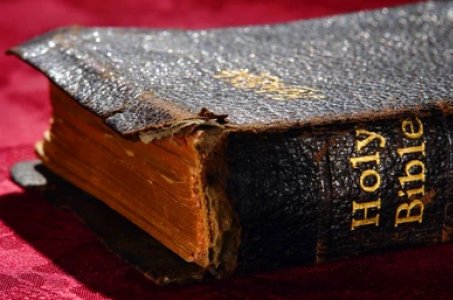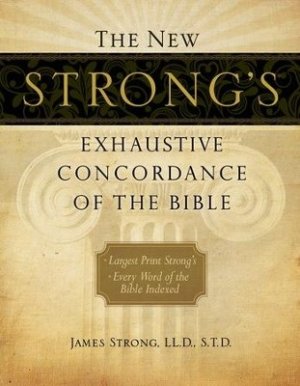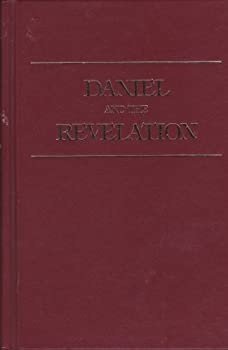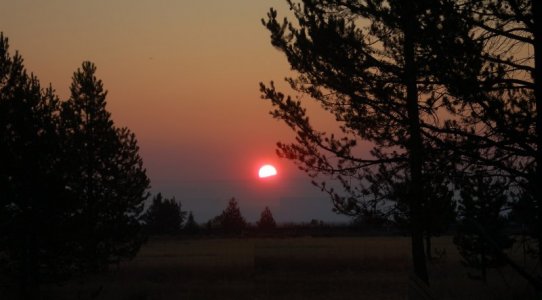SeniorBen
Senior Member
By far, the coolest church service I've ever been to was at Al Green's church down in Memphis with a full Gospel Tabernacle choir. Al Green didn't preach that day, but the guy who did was good, and they had a great gospel blues band. People were dancing in the aisles and having a good-ol' time! I'd go to church every week if they had that around here! (even though I'm Jewish)






